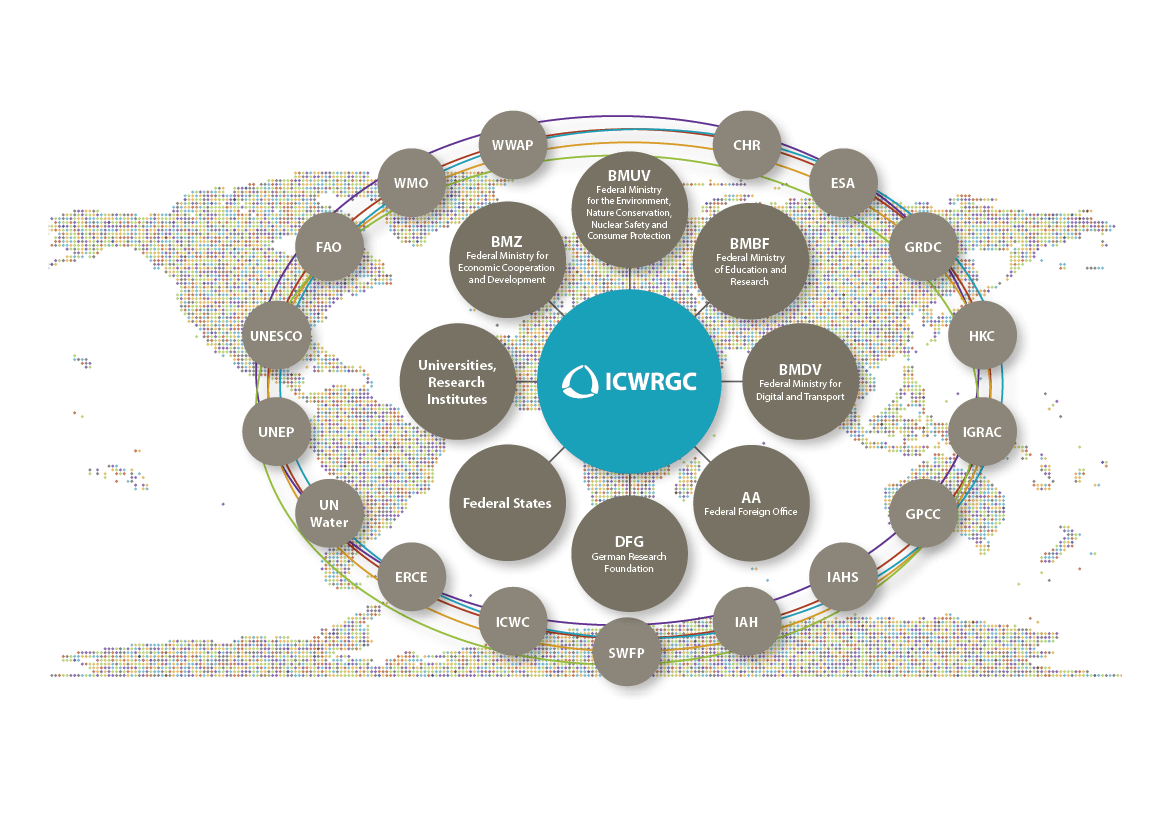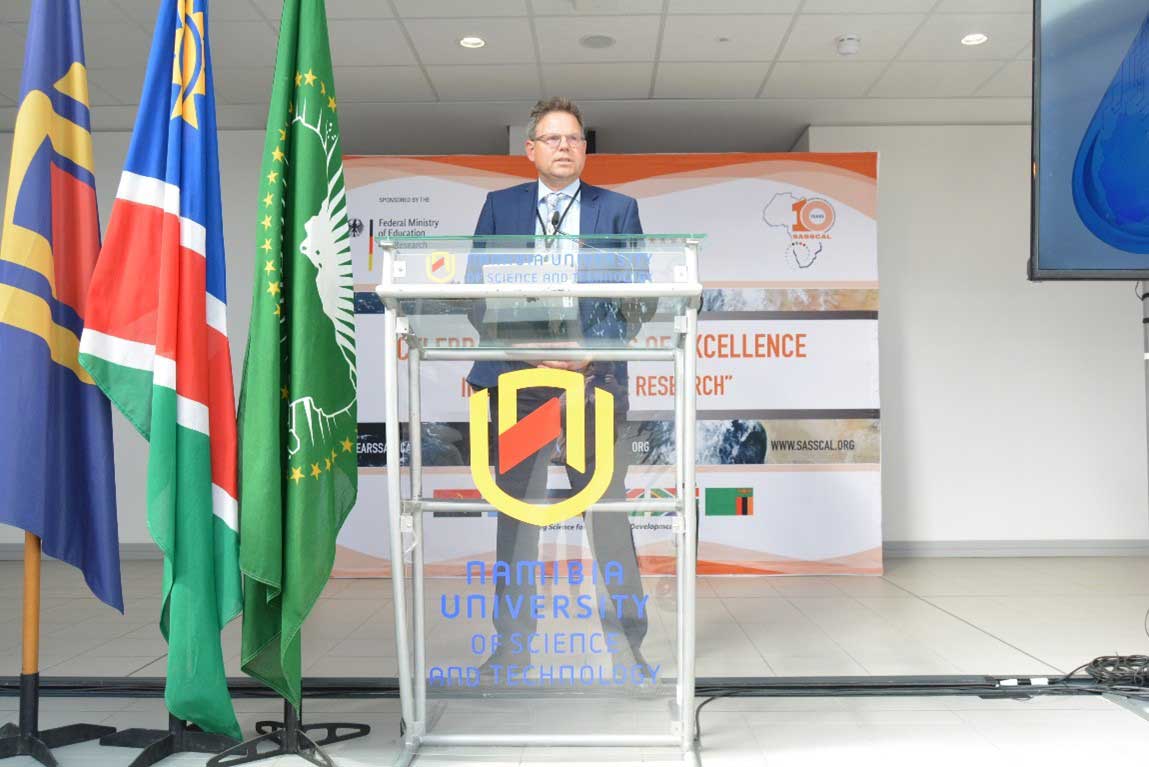National and International Cooperations
Organistations
AA | Federal Foreign Office
www.auswaertiges-amt.de
BMBF | Federal Ministry of Education and Research
www.bmbf.de
BMUV | Federal Ministry for the Environment, Nature Conservation, Nuclear Safety and Consumer Protection
www.bmuv.de
BMDV | Federal Ministry for Digital and Transport
www.bmvi.de
BMZ | Federal Ministry for Economic Cooperation and Development
www.bmz.de
CHR | International Commission for the Hydrology of the Rhine basin
www.chr-khr.org
DFG | German Research Foundation
www.dfg.de
ERCE | European Regional Centre for Ecohydrology
www.erce.unesco.lodz.pl
ESA | European Space Agency
www.esa.in
FAO | Food and Agriculture Organization of the United Nations
www.fao.org
GPCC | Global Precipitation Climatology Centre
www.dwd.de/EN/ourservices/gpcc/gpcc.html
GRDC | Global Runoff Data Centre
www.bafg.de
HKC | HochwasserKompetenzCentrum
www.hkc-online.de
IAH | International Association of Hydrogeologist
www.iah.org
ICWC | International Centre for Water Cooperation
www.siwi.org
IGRAC | International Groundwater Resources Assessment Centre
www.un-igrac.org
SWFP | Sustainable Water Future Programme
www.water-future.org
UNEP | United Nations Environment Programme
www.unep.org
UNESCO | United Nations Educational, Scientific and Cultural Organization
www.unesco.org
UN Water
www.unwater.org
WMO | World Meteorological Organization
www.wmo.int
WWAP | World Water Assessment Programme
www.unesco.org/…/wwap
We work in close cooperation with numerous German institutions, such as:
- the Federal Ministry for the Environment, Nature Conservation, Building and Nuclear Safety, the Federal Ministry of Transport and Digital Infrastructure, Federal Ministry of Education and Research and the Federal Foreign Office;
- the German National Meteorological Service (Deutscher Wetterdienst);
- the Department of Hydrological Engineering, RWTH Aachen University;
- the Department of Hydrogeology at the Faculty of Geosciences, Ruhr-Universität Bochum;
- the Department of Hydrology and International Water Management at the University of Applied Sciences, Lübeck;
- the Institute for Technology and Resources Management in the Tropics and Subtropics (ITT) at the TH Köln (Cologne Technical University);
- the Department of Aquatic Ecosystem Analysis at the Helmholtz Centre for Environmental Research, Magdeburg.
We work in close international cooperation with many UN-institutions, international initiatives and institutes from other countries, such as:
- UN-Water und UNEP, in the context of a global water quality database called GEMStat (see section “data”);
- the land and water division of the Food and Agriculture Organization (FAO), in the field of water consumption of agriculture;
- the European and Mediterranean FRIEND water groups, in the field of flow regimes and low-flows (see “Research” section);
- the Centre for Law, Policy and Science (Dundee), and the International Centre for Water Cooperation (Stockholm), on water diplomacy;
- the International Association of Hydrological Sciences, and the International Association of Hydrogeologists;
- the Global Runoff Data Centre (GRDC), and the Global Precipitation Climatology Centre (GPCC);
- the International Commission for the Hydrology of the Rhine basin, and the “Regional cooperation of the Danube countries in the field of hydrology within the framework of the International Hydrological Programme of UNESCO”.
- the Southern African Science Service Centre for Climate Change and Adaptive Land Management” (SASSCAL)
ICWRGC’s activities in the Southern Africa region
In most of Southern Africa, water demand exceeds available water resources due to changes in water availability caused by climate change coupled with demographic and socioeconomic growth. 40% of the 280 million population in SADC lack access to safe drinking water supplies, whilst 60% have no adequate sanitation services (SADC, 2016). Increasing extreme climate events exacerbate the water sector’s vulnerability, deteriorating food and energy security and socio-economic stability at household, national and regional levels.
In order to understand and find solutions for water management challenges in the Southern Africa region, ICWRGC in close collaboration with Southern African partners, has initiated several research and capacity building activities since 2020. Furthermore, ICWRGC will play a strategic role as a hinge, connecting German academic and technical capacities, the United Nations Water programmes and the water sector in Southern Africa.
The German federal government’s recently adopted “Round Table for Africa“ is a long-term ambitious project for the internationalisation of research, education and development to further support development aid for Africa. Supported by BMBF and DLR, ICWRGC is actively involved in two programmes:
- The Southern African Science Service Centre for Climate Change and Adaptive Land Management (SASSCAL) established the Graduate Studies Programme in Integrated Water Resources Management (SGSP – IWRM) to support SASSCAL’s research agenda and the regional water sector’s needs for highly qualified professionals.The programme is implemented by the Namibian University of Science and Technology (NUST) in partnership with ICWRGC. The programme is funded by the Federal Ministry of Education and Research (BMBF).The overarching objective of SGSP-IWRM is developing innovative, excellent and collaborative education and research at PhD degree level complemented by tailor-made training programmes for decision makers and industry. ICWRGC’s specific role is to strengthen research programme development, teaching and student supervision. It will also facilitate a three-month scientific mobility stay in Germany. A project launch event was held in March, 2022 where 15 students from four of SASSCAL member states received their scholarships.
- Research Programme on Water Security in Southern Africa (WASA)A project for the initial phase of the WASA programme for Southern Africa was tendered by BMBF in early 2021. ICWRGC was mentioned in the call as a strategic partner for the WASA programme. 12 initial phase projects have been funded. ICWRGC is a consortium partner in several of these funded initial phase projects i.e. COHYDIM-SA – Co-design of a hydro-meteorological information system for sustainable water resources management in Southern Africa,WaMiNa- Sustainable and climate adapted Water Management in Mining Industry of Namibia and neighbouring countries . and OWASA – Open Science in Support of Water Resource Security in Southern Africa.With appropriate funding, ICWRGC is also planning to support all other funded WASA consortiums to manage their data resources and ensure they meet the Fair data principles.

